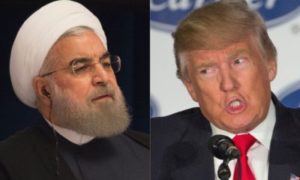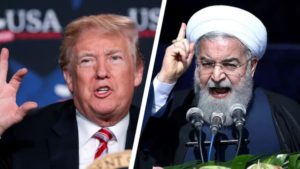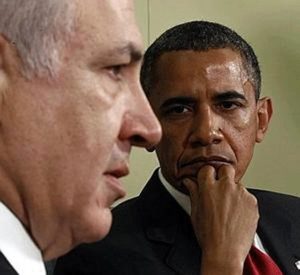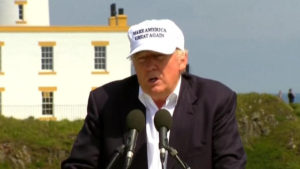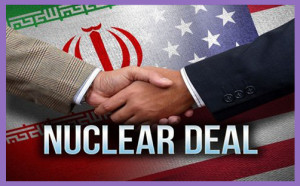OK, Mr. President, you’ve got a problem.
Saudi Arabia has denied any involvement in the brutal assassination of a Saudi-born journalist in Istanbul, Turkey. But wait! Now the CIA has determined that the Saudi crown prince, Mohammed bin Salman, ordered the murder of Jamal Khashoggi.
What are you going to do about it, Mr. President?
You see, the United States has some skin in this game. Khashoggi was a journalist employed by the Washington Post. He was a U.S. resident who wrote columns for the newspaper and, indeed, his final essay called for greater tolerance of political dissent in Saudi Arabia. The crown prince, the de facto ruler of the kingdom, took umbrage at Khashoggi’s view.
So he had him killed. Maybe he even ordered the reported dismembering of Khashoggi, torturing him while he was still alive, screaming for his life.
How in the world do we let this pass, Mr. President?
I wish I could presume you’ll accept the CIA assessment. I mean, you had to be dragged kicking and screaming to endorse the intelligence community’s assessment that Russia attacked our electoral system in 2016.
But the CIA now is being run by one of your appointees. Gina Haspel is a career spook. She is a first-rate spymaster. Her agency also is among the best intelligence outfits in the world. But you know that already. Right?
You need to set aside that top-dollar arms deal the Saudis want done. Those high-performance jet fighters the Saudis ordered ought to be put back in the hangar.
The Saudis are bad actors at many levels. Sure, they’re our “allies” in the effort to corral the Islamic Republic of Iran. They are brutal, though, in their handling of political dissent, as Jamal Khashoggi’s hideous fate would attest.
The CIA says the crown prince is involved. You, sir, need to act.

